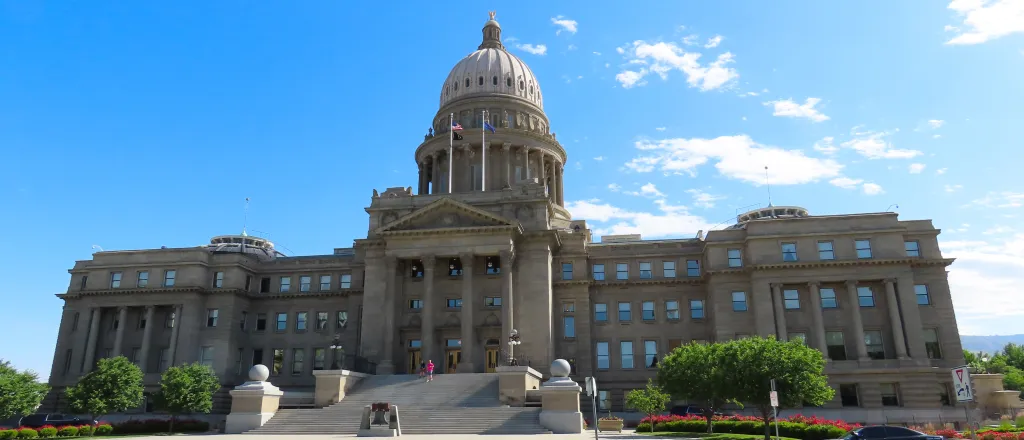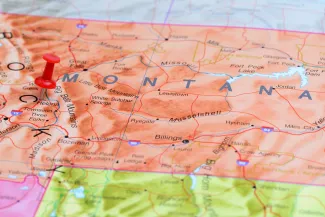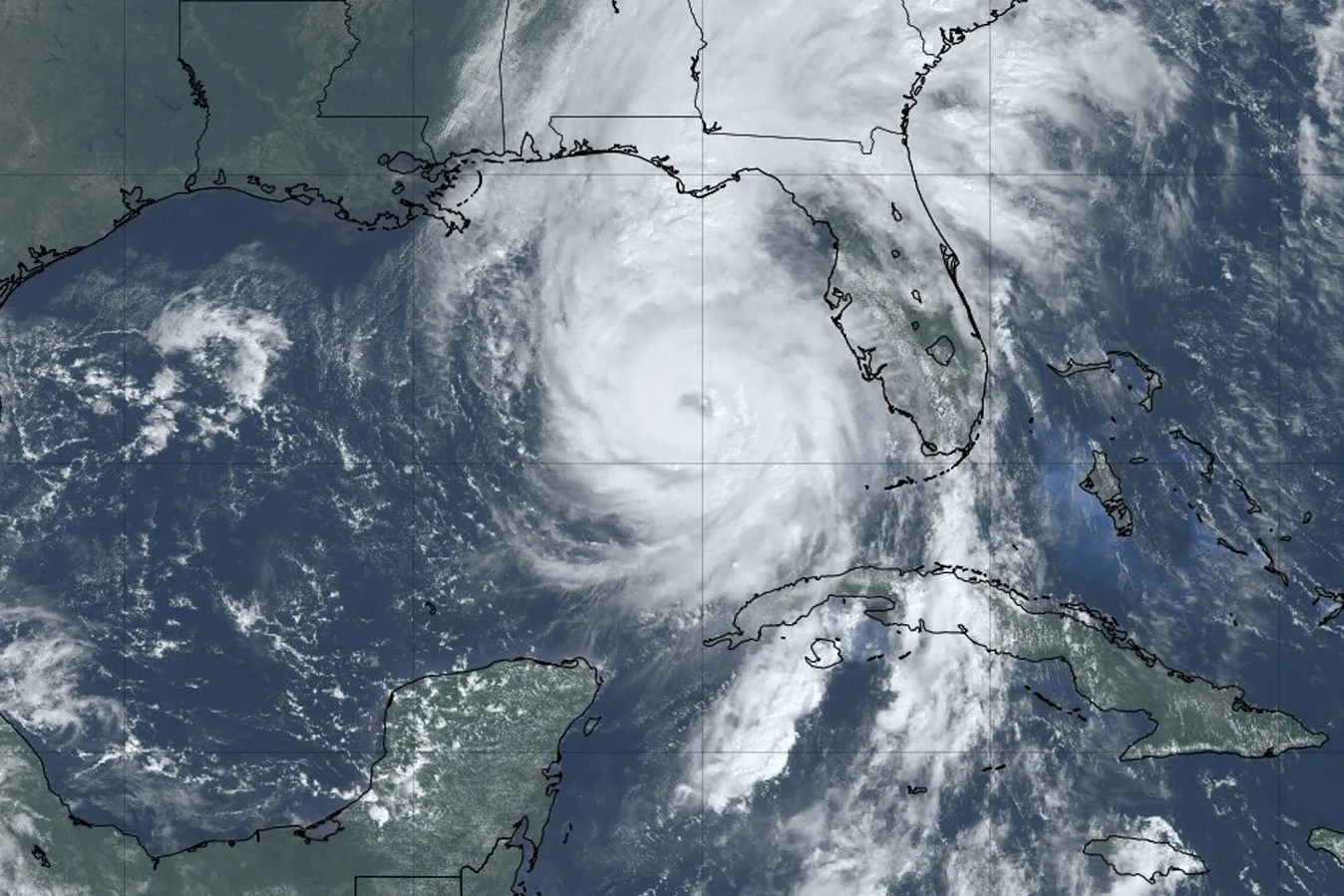
Montana governor vetoes ‘river census’ bill, sponsor pushes for override
© Amy Wilkins - iStock-2154356979
Montana Governor Greg Gianforte vetoed a “river census” bill, arguing the work to collect data can be done in a “more cost effective manner,” but the sponsor said a special revenue account has the money, and Montana needs clarity about river use.
House Bill 762 would require Montana Fish, Wildlife and Parks to produce a report of all watercraft, from rafts to inflatable flamingoes, along 966 miles of 16 rivers in the state.
Representative Joshua Seckinger, a river guide, said the legislation is necessary because rivers are busy, and attempts have been made to regulate them, but with only anecdotal evidence, not hard data.
In his veto letter, however, Gianforte argued the cost of the river census was much too high, and the project too large, although he said the bill is “well intended.”

“House Bill 762 drains $2.6 million from the state parks account, which would otherwise be used to address important infrastructure projects at our state parks, including maintenance backlogs,” Gianforte said in his veto letter.
The bill had bipartisan sponsorship. It earned 102 approvals altogether in its final votes in both chambers — 29 in the Senate and 73 in the House.
Support from two thirds of the Montana Legislature triggers an automatic veto override poll from the Secretary of State.
Friday, a spokesperson for the Secretary of State’s office could not be reached via email about the status of polling. Friday, the bill wasn’t among the list of those currently being polled.
However, in a letter to his colleagues, Seckinger, D-Bozeman, said he hopes they consider overriding the veto. He said he respectfully disagrees with the governor’s assessment the bill “took too big a bite at the apple.”
“First, there is no additional cost to taxpayers,” Seckinger wrote. “The bill would have been funded entirely from a special revenue account within FWP, which is supported by vehicle registration fees, the cannabis excise tax, and state park registrations.
“Even with HB 762, this fund would have had a $6 million ending balance. Without the bill, the fund’s balance will now grow to $8.6 million — unused, and continuing to expand.”
In a phone call with the Daily Montanan, Seckinger said he agreed the cost “was not insignificant.”
But if fiscal conservatism is the goal, he said, he would advocate for lowering license plate fees, cannabis taxes, and the other sources of funds for the account.
In his letter, Seckinger also said the bill would have provided a “comprehensive understanding of river use,” and objective, baseline data is needed — “and we need it soon.”
(A separate study out of Montana State University will review popular river stretches not included in the bill.)
In his veto letter, Gianforte, a Republican, agreed that river usage “has increased dramatically in recent years.”
However, he said he believes the state can achieve the same goal over a longer period, potentially using a pilot program to study a portion of the river stretches in the bill.
“The idea of a pilot program is just an example, and over the course of the interim, I look forward to working with the bill sponsor, members of the Legislature, and FWP officials to find a more cost effective way of addressing this important need,” Gianforte said in the letter.

















